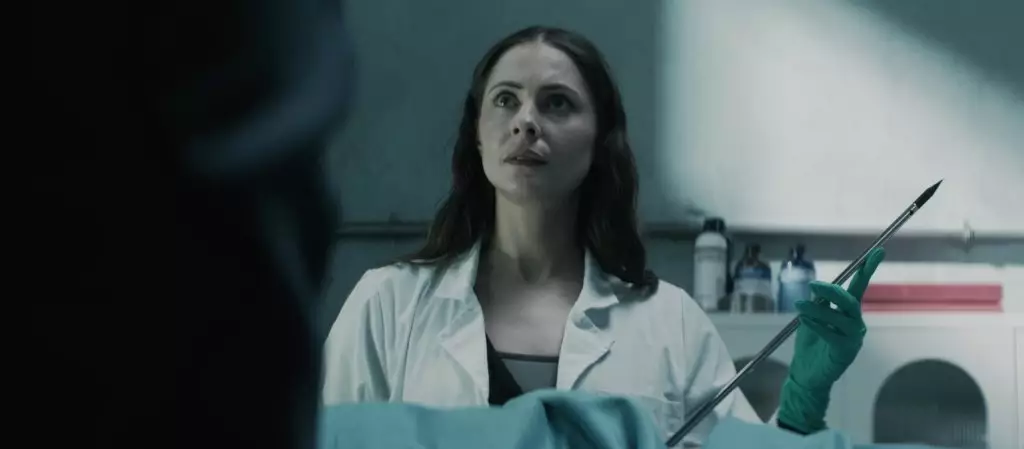In the excitement surrounding the announcement of “The Mortuary Assistant” film, it’s tempting to overlook critical flaws buried beneath the surface. While the project promises to expand the gothic world of Brian Clarke’s viral game, it risks excessive reliance on fan expectations rather than innovative storytelling. This kind of adaptation often falls prey to the misconception that replicating the atmosphere and plot points guarantees cinematic success. But this is a dangerous oversimplification. True horror isn’t just about mimicking its source material; it’s about translating emotional depth, psychological nuance, and cultural relevance into a different medium. If the film leans too heavily on nostalgia or familiar tropes, it risks alienating both hardcore fans and new viewers.
<...>
The Lack of Critical Reflection on the Source Material
Just because a horror game like “The Mortuary Assistant” resonates with audiences doesn’t mean its storytelling is inherently meaningful or deeply insightful. The game’s viral status may stem from lurid visuals and jump-scares rather than genuine social commentary. An adaptation that fails to critically interrogate or reinterpret these elements for cinematic impact might merely serve as a superficial scare-fest. Moreover, it’s worrisome that the film may capitalize on the unsettling lore without questioning the cultural narratives embedded within it. Horror rooted in demonic rituals and trauma can easily veer into gratuitous sensationalism unless approached with a discerning, reflective eye.
<...>
The Pitfalls of Commercial Exploitation
The film’s backing by major production entities like Epic Pictures and DreadXP suggests a focus on marketability over meaningful innovation. Horror adaptations often become commercial ventures more interested in monetizing existing fanbases than in pushing artistic boundaries. This strategy might lead to a hollow, formulaic production that prioritizes shocks over substance. In doing so, it risks becoming just another derivative horror product—cosmetic and forgettable—rather than an insightful exploration of human fears and societal anxieties. Such superficiality not only devalues the genre but also diminishes the potential for meaningful engagement and cultural commentary.
<...>
Reclaiming Horror’s Critical Potential
Instead of falling into the trap of sequels and adaptations that merely herd audiences toward familiar nightmares, filmmakers have an opportunity—and perhaps an obligation—to challenge the conventions of horror. The demonic entities and rituals depicted in “The Mortuary Assistant” could serve as metaphors for societal trauma and the human capacity for violence and denial. If crafted with a nuanced understanding of psychology and social context, this film could transcend mere entertainment and become a mirror reflecting our deepest fears from a critical, humane perspective. Sadly, current industry patterns often prioritize profit and cheap scares over such thoughtful engagement, undermining horror’s potential as a vessel for critique and insight.
<...>
By critically examining the process of adaptation and the cultural implications of horror storytelling, it becomes clear that the real challenge lies beyond the production’s glossy announcements. If “The Mortuary Assistant” is to achieve more than fleeting shock value, it must confront its own limitations and question the narratives it perpetuates. Otherwise, it risks becoming just another disposable piece of genre product—forgotten, superficial, and ultimately empty. The horror community deserves stories that challenge, disturb, and provoke meaningful reflection, rather than reiterate the same haunted clichés under the guise of innovation.

Leave a Reply